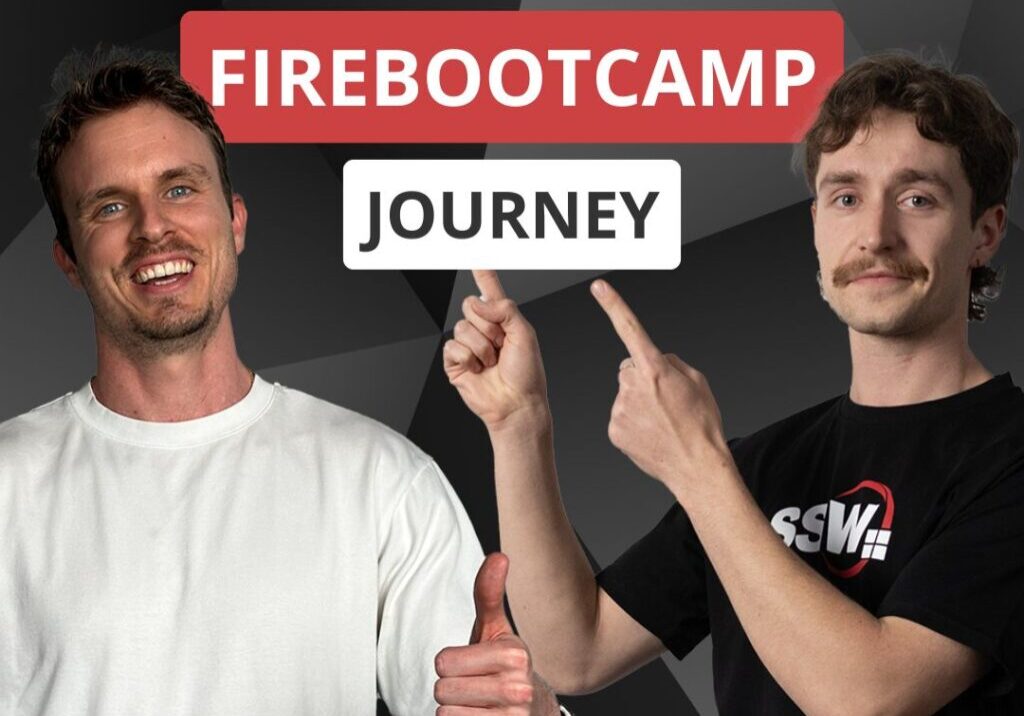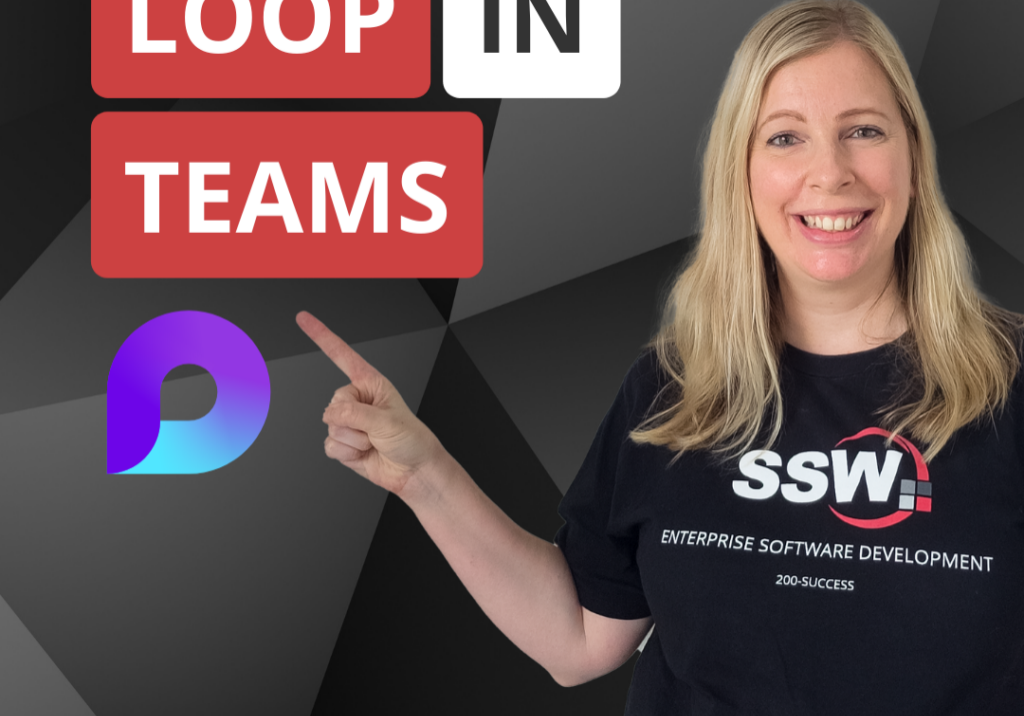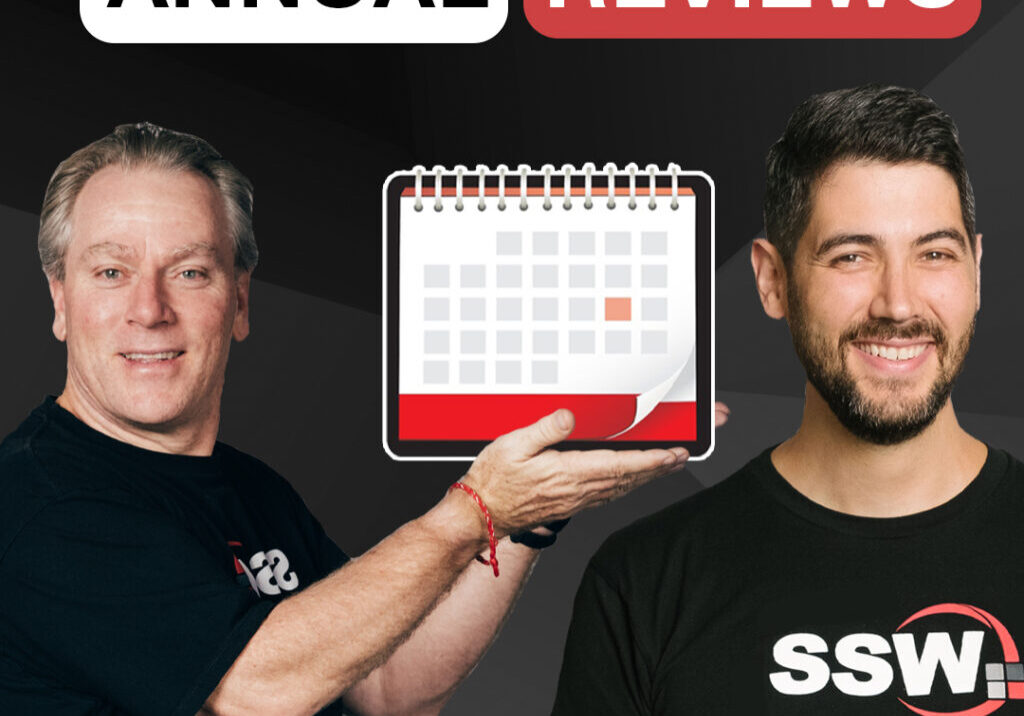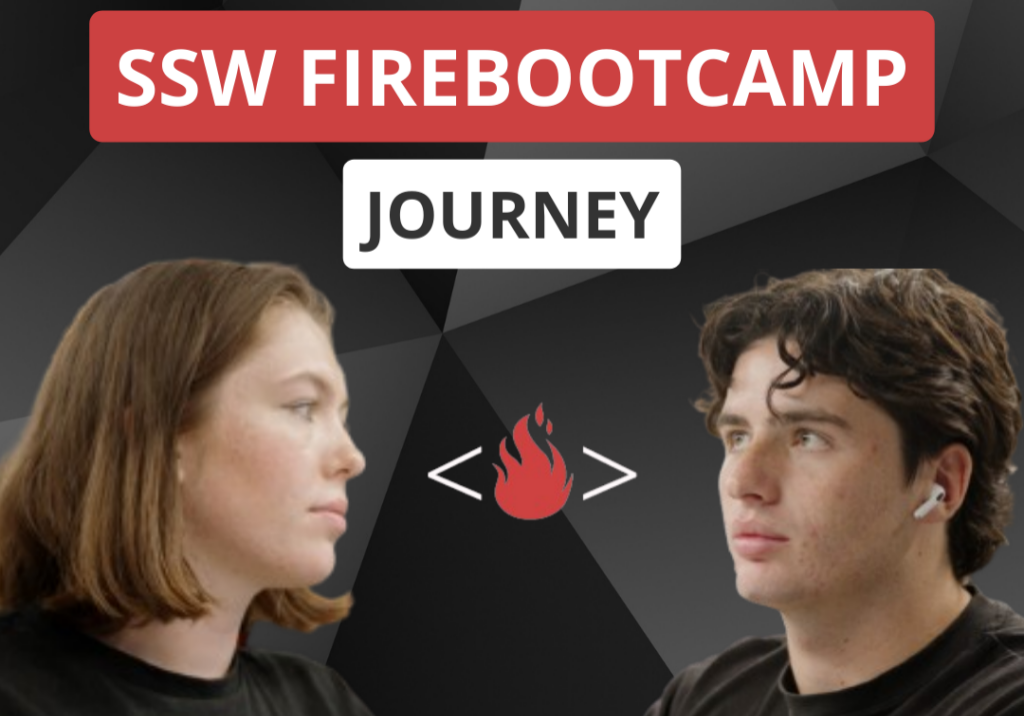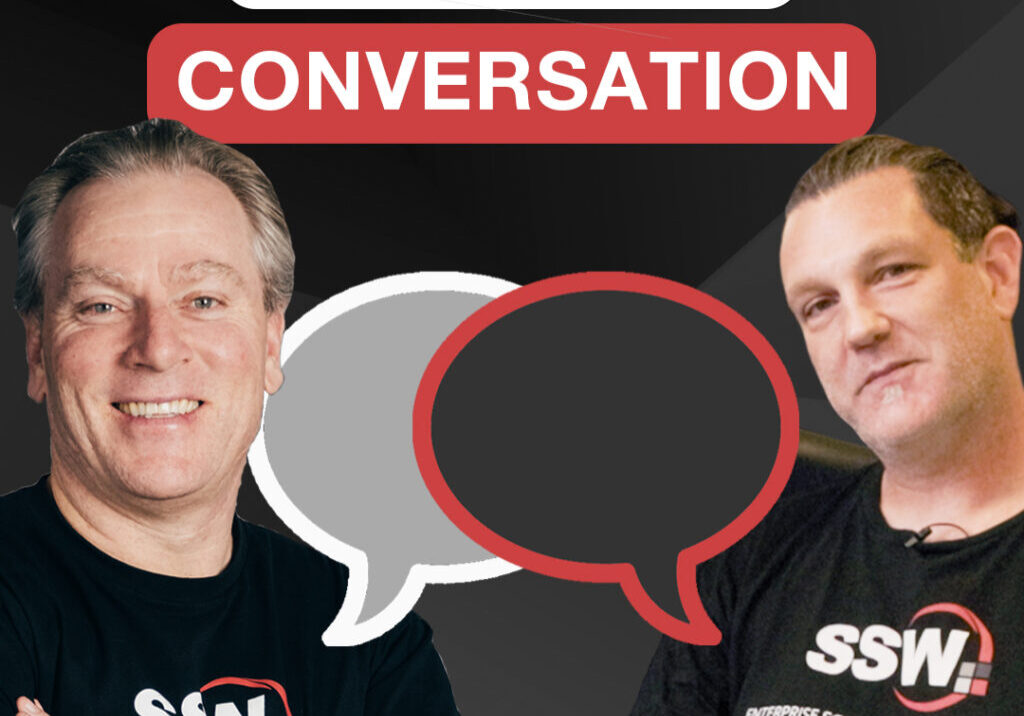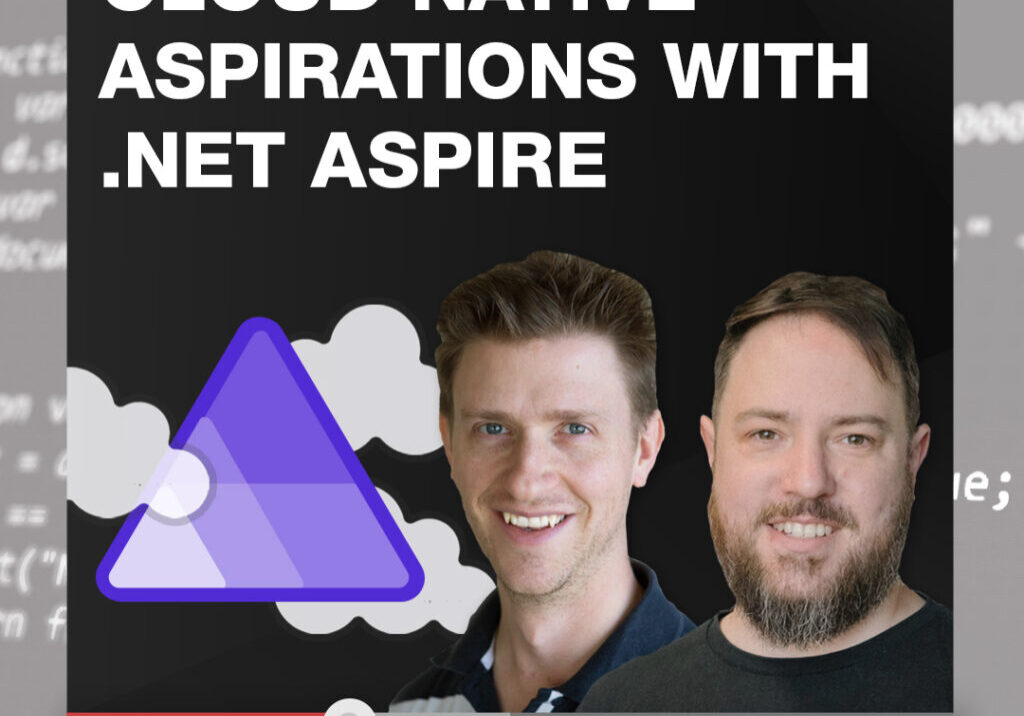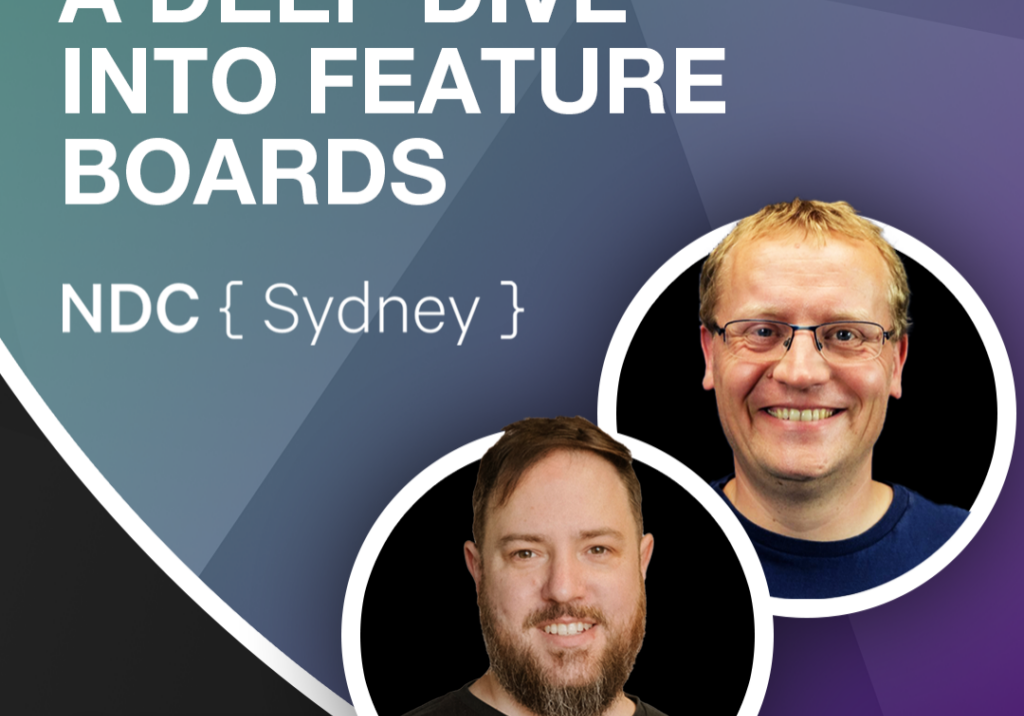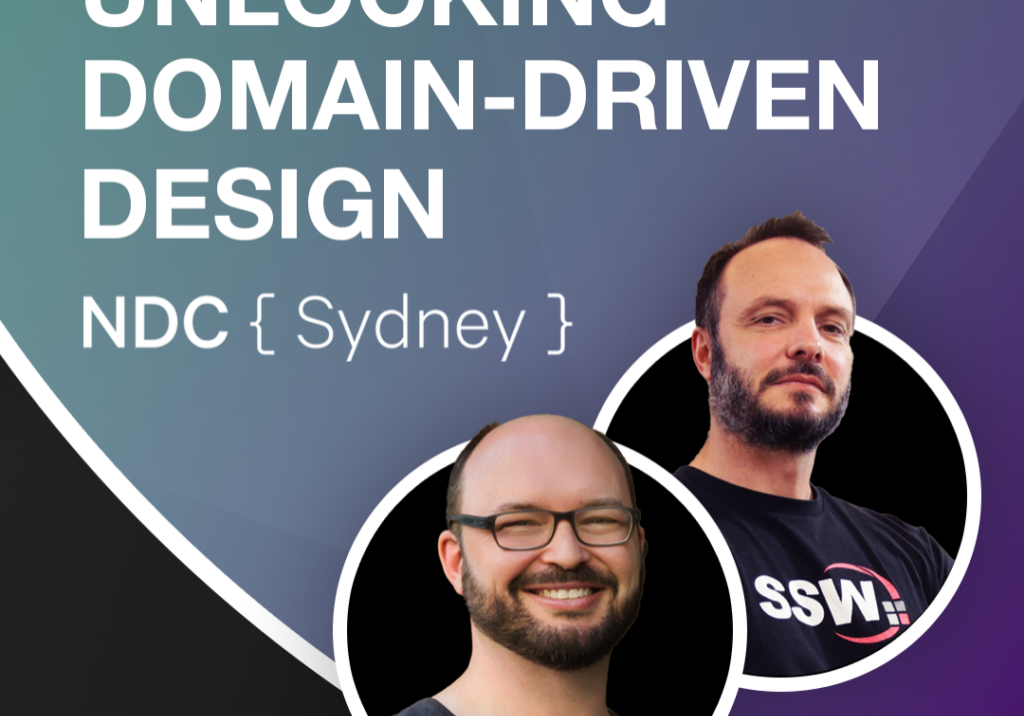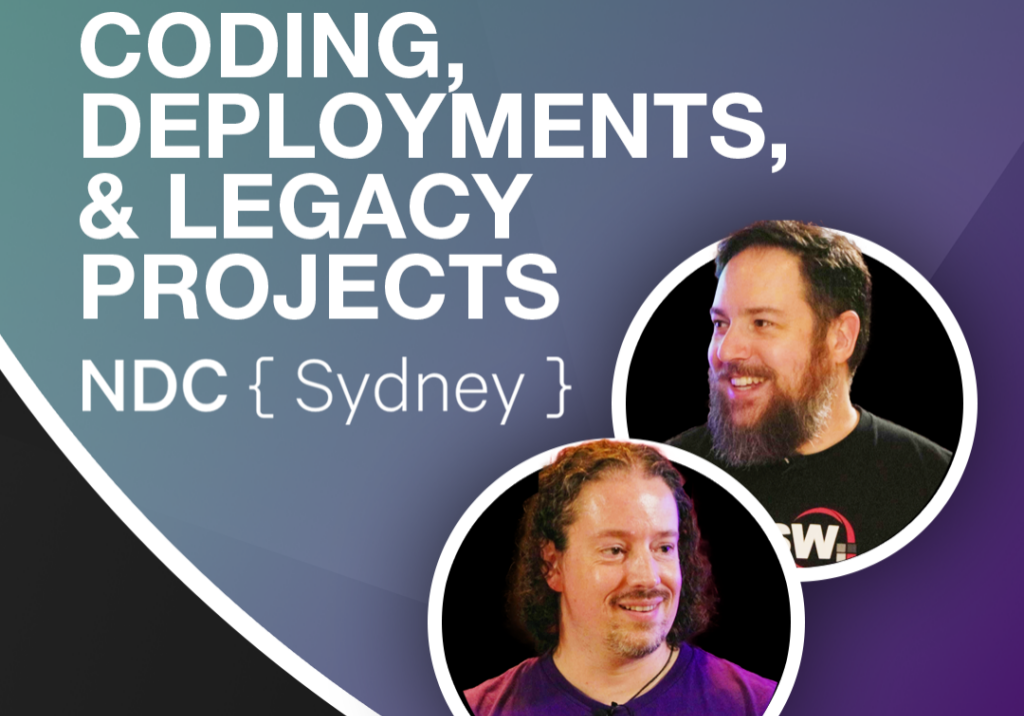Do you know when to ask for help? – https://www.ssw.com.au/rules/ask-for-… Teamwork – Do you manage up? (Give a recommendation) – https://www.ssw.com.au/rules/do-you-m…
When you’re working, you will encounter issues that block you from progressing, and force you to do some googling, and investigation on how to move forward. These moments can be stressful, especially for junior developers and the question arises, “When should I ask for help?”
When do you ask for help?
As everyone’s struggles are different and everyone’s way of handling pressure differs, it’s hard to provide a useful metric for when to ask for help. However, here’s a general rule to follow:
If you are halfway through the allocated time of a PBI and you’ve been blocked the entire time, and you haven’t spoken to anyone that is a problem.
For example, if a task is 2 days long and you haven’t been able to get anything done on the first day… You should be asking for help. If you aren’t then that’s a smell. 💩
Do your due diligence
Before asking for help, ensure you’ve done your due diligence and exhausted your usual avenues for unblocking yourself. This concept is critical when trying to talk with senior developers because their time is valuable. You need to start your communication with a senior prepared and make it clear that you’ve tried to help yourself first. Often by doing this, you’ll also resolve your own problem.
Here are some things developers should do before asking for help:
- Try Googling it
- Check Stack Overflow
- Read the documentation e.g. Microsoft Docs
-
Explore the code e.g.
- Look at pages that do similar things
- Put breakpoints and check the values to see if you can figure out little bits
- Debug systematically by checking a tiny part, confirming your understanding, then moving to the next part
- Try to resolve it yourself a few times
- Explain the problem to yourself
Prepare to talk to a senior
If you still feel you’re blocked, it’s time to prepare to talk to a senior. Do the following:
- Draft an email with what you’re trying to do and screenshots. Include options and what your recommendation is
- Make a call to someone and share screens to review your email
- Remember to bring this up in your daily scrums too as a roadblock
——————————————————————————
|| Subscribe for more content from SSW TV ||
|| Press like and leave a comment below to let us know how we’re doing ||
Twitter ↴ https://twitter.com/ssw_tv
Facebook ↴ https://www.facebook.com/SSW.page
See more videos at http://tv.ssw.com
For more information about SSW’s web application consulting services, please visit https://www.ssw.com.au/ssw/Consulting/Web-Applications.aspx
Created by SSW TV | Videos By Developers, For Developers
v3 – Jonty
About the speakers

Piers Sinclair
Piers is a Solution Architect with more than 7 years experiences in databases and software development. He is especially proficient in Scrum, .Net, Azure, SQL, DevOps and GitHub.
He has been involved in many industries including Retail, Logistics and Job Management. When it comes to developing software, Piers has a passion for efficient development processes, designing quality solutions and building robust software architecture. He is very interested in understanding the way systems work and coming up with innovative solutions to complex problems.
He speaks Chinese and has a keen interest in China. In particular, he is passionate about the successful management of Chinese IT teams and is one part of the bridge that connects SSW Australia and SSW China.

